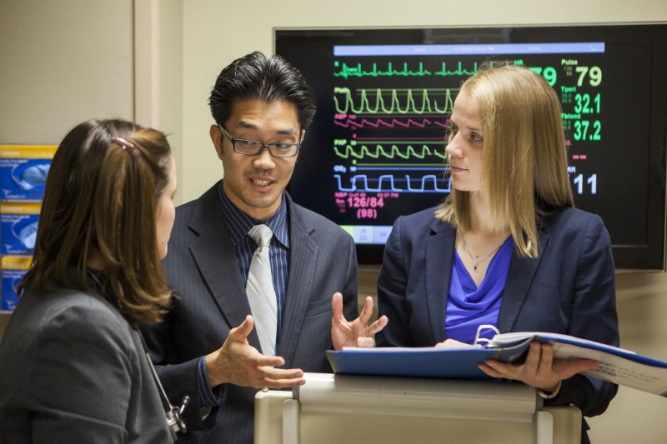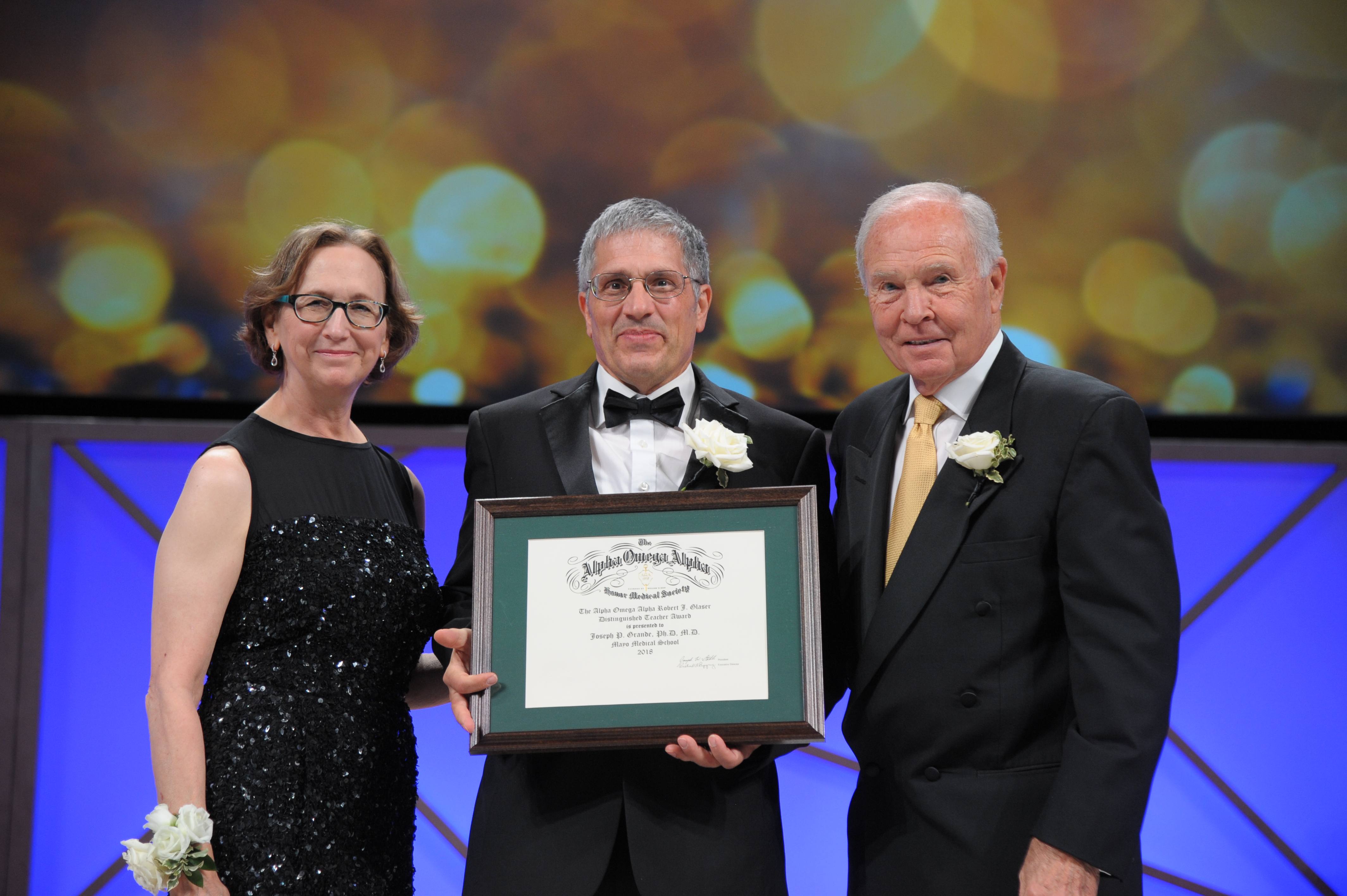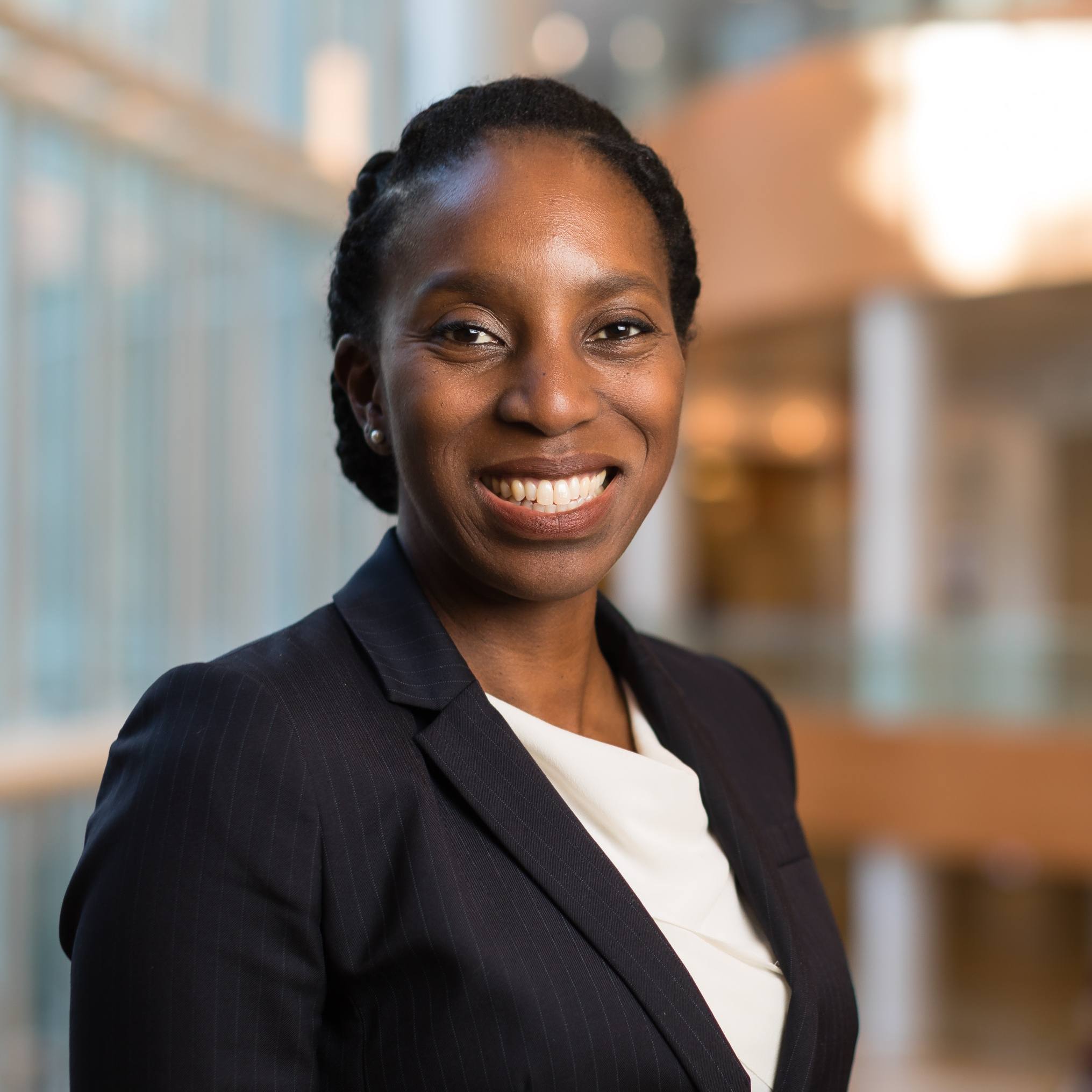-
Mayo Clinic professor receives national Distinguished Teacher Award

ROCHESTER, Minn. — Reflecting on your education, you probably remember one or two extraordinary teachers who stand out. They were the instructors who were able to make dull subjects interesting or complex information easily understandable. They had the humor, empathy and passion for teaching that made you look forward to their classes.
This week, the Association of American Medical Colleges (AAMC) honored Joseph Grande, M.D., Ph.D., professor of laboratory medicine and pathology at Mayo Clinic College of Medicine and Science with the 2017 Alpha Omega Alpha Robert J. Glaser Distinguished Teacher Award for his outstanding contributions to medical education. Dr. Grande was one of four recipients to receive the national Alpha Omega Alpha award at the Association of American Medical Colleges' annual meeting in Boston. Dr. Grande is one of those teachers students at Mayo tend to remember.

“The true reward of teaching is the ability to watch students grow in knowledge and skills, knowing, in part, that you have contributed to those abilities,” says Dr. Grande. “If I can play a small role in helping even a few students realize their incredible potential, it’s worth it.
Dr. Grande teaches pathology and cell biology to first-year medical students and urology to second-year students at Mayo Clinic School of Medicine. Since joining the faculty of the medical school in 1991, he has worked diligently to advance the integration of basic and clinical science in medical education. He also extends those efforts into Mayo Clinic Graduate School of Biomedical Sciences where he teaches cancer biology and mechanisms of disease to future Ph.D. research students. Along with his faculty duties, Dr. Grande is a consultant in the Department of Laboratory Medicine and Pathology at Mayo Clinic's Rochester campus. He has joint appointments in the divisions of Nephrology and Hypertension and Surgery Research. He is clinical director of the Electron Microscopy Laboratory and directs a research program on chronic renal disease funded by the National Institutes of Health.
“I always look at the students I teach as the ones who will positively advance patient care and spark amazing scientific discoveries. It is that opportunity to make a difference that motivates me,” says Dr. Grande.
Dr. Grande considers himself more of a coach than a traditional teacher. He says that he adapts his approach to bring out the best in students and create a trusting learning environment where students feel comfortable enough to ask questions and challenge concepts. He notes teaching entails more than just imparting knowledge through the transfer of information. It’s developing a student’s ability to think – cultivating curiosity, problem-solving skills, and the desire and courage to look beyond the status quo.
His unique style of teaching definitely seems to be a success. Along with his most recent Association of American Medical Colleges national award, Dr. Grande has been named Teacher of the Year at Mayo Clinic School of Medicine a dozen times. He also has received Mayo’s Distinguished Educator Award, two Dean’s Recognition awards, a Medical School Career Educator Award and a Distinguished Service Award from the National Board of Medical Examiners.
###
About Mayo Clinic School of Medicine
Originally established in Rochester, Minnesota, in 1972, Mayo Clinic School of Medicine has expanded to a national medical school with additional campuses in Phoenix/Scottsdale, Arizona, and Jacksonville, Florida. U.S. News & World Report considers Mayo’s medical school one of the most highly competitive medical schools in the country for admittance with one of the highest faculty-to-student ratios. It also ranks Mayo Clinic School of Medicine as a Top 20 school for research training. Students at the school receive innovative medical education and participate in highly diverse clinical experiences across all Mayo campuses.
About Mayo Clinic Graduate School of Biomedical Sciences
Mayo Clinic Graduate School of Biomedical Sciences prepares students for careers as competitive, independent research investigators. The school offers Ph.D. and master’s degrees in seven areas of biomedical research training: biochemistry and molecular biology; biomedical engineering and physiology; clinical and translational science; immunology; molecular pharmacology and experimental therapeutics; neurobiology of disease; virology and gene therapy, along with a new interdisciplinary training program in regenerative sciences.
About Mayo Clinic
Mayo Clinic is a nonprofit organization committed to clinical practice, education and research, providing expert, comprehensive care to everyone who needs healing. For more information, visit mayoclinic.org/about-mayo-clinic or newsnetwork.mayoclinic.org.
MEDIA CONTACT
Deb Anderson, Mayo Clinic Public Affairs, 507-284 5005, newsbureau@mayo.edu







